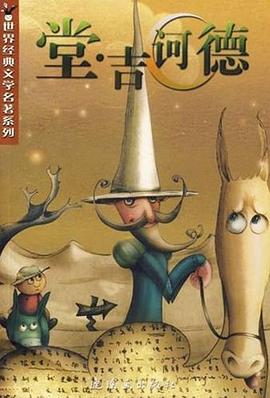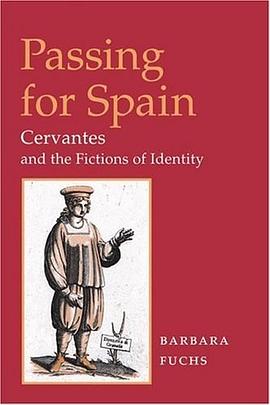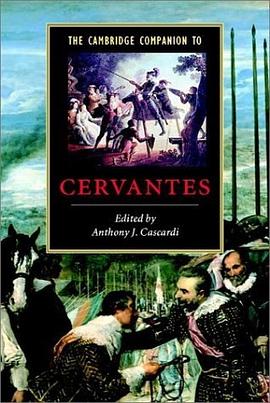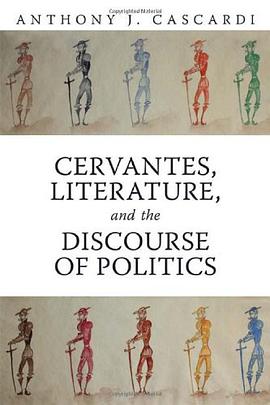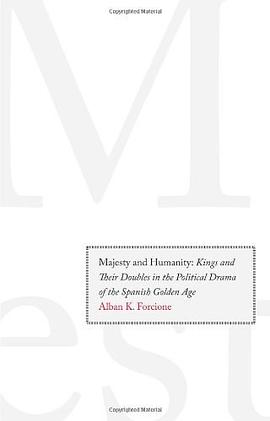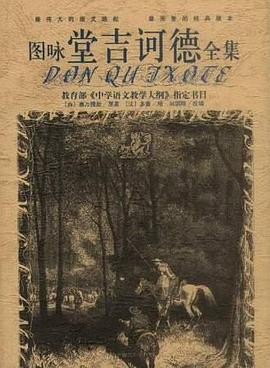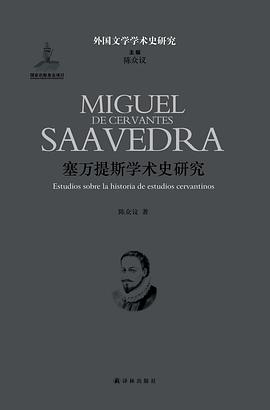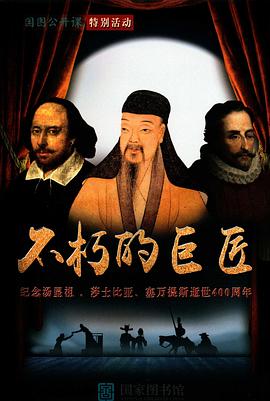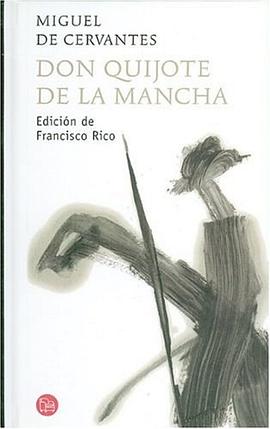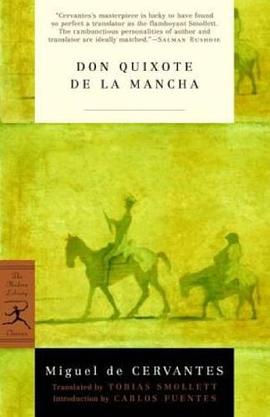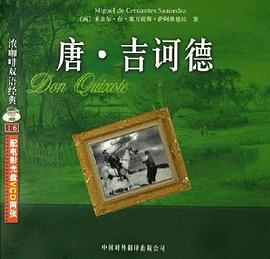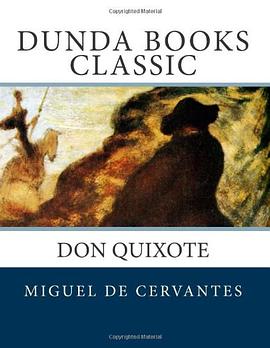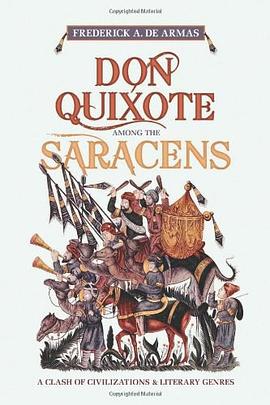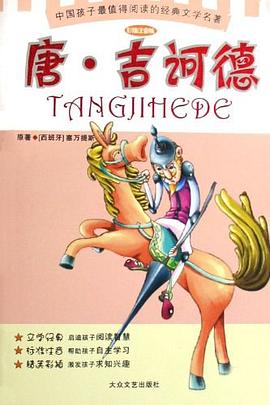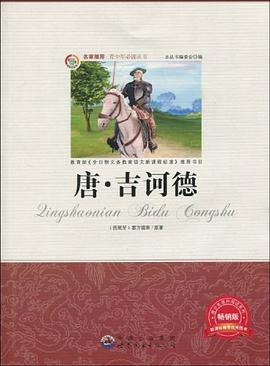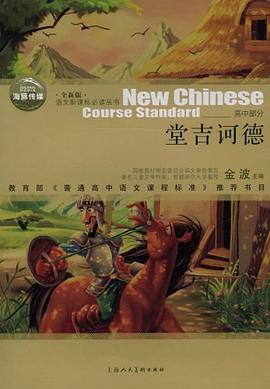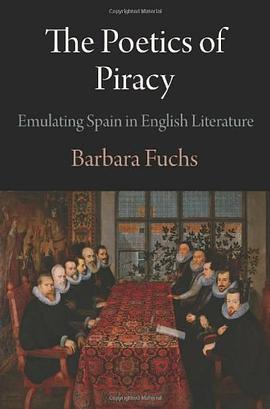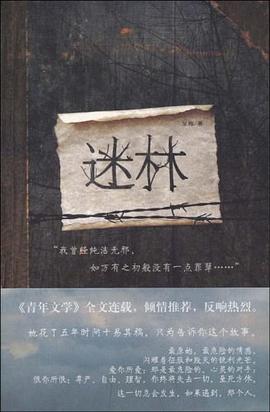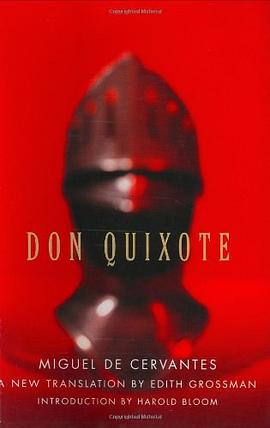
Edith Grossman's definitive English translation of the Spanish masterpiece. Widely regarded as the world's first modern novel, and one of the funniest and most tragic books ever written, "Don Quixote" chronicles the famous picaresque adventures of the noble knight-errant Don Quixote of La Mancha and his faithful squire, Sancho Panza, as they travel through sixteenth-century Spain. Unless you read Spanish, you've never read "Don Quixote." "Though there have been many valuable English translations of "Don Quixote, " I would commend Edith Grossman's version for the extraordinarily high quality of her prose. The Knight and Sancho are so eloquently rendered by Grossman that the vitality of their characterization is more clearly conveyed than ever before. There is also an astonishing contextualization of Don Quixote and Sancho in Grossman's translation that I believe has not been achieved before. The spiritual atmosphere of a Spain already in steep decline can be felt throughout, thanks to her heightened quality of diction. Grossman might be called the Glenn Gould of translators, because she, too, articulates every note. Reading her amazing mode of finding equivalents in English for Cervantes's darkening vision is an entrance into a further understanding of why this great book contains within itself all the novels that have followed in its sublime wake." From the Introduction by Harold Bloom Miguel de Cervantes was born on September 29, 1547, in Alcala de Henares, Spain. At twenty-three he enlisted in the Spanish militia and in 1571 fought against the Turks in the battle of Lepanto, where a gunshot wound permanently crippled his left hand. He spent four more years at sea and then another five as a slave after being captured by Barbary pirates. Ransomed by his family, he returned to Madrid but his disability hampered him; it was in debtor's prison that he began to write "Don Quixote." Cervantes wrote many other works, including poems and plays, but he remains best known as the author of "Don Quixote." He died on April 23, 1616.
具体描述
读后感
在小说中,堂吉诃德和桑丘一直被人认为是疯子,被人嘲弄当做笑柄,虽然在一定情况下他们也表现出大智慧。 堂吉诃德也的确是一个疯子,但是一个非常可爱的疯子。他所做的一切荒唐的事情,只因为心中的梦想。因我欣赏所有以梦为马的人,当然,对堂吉诃德也是非常赞赏的。即使他...
评分——堂吉诃德和塞万提斯 堂吉诃德,作为一个文学形象,与近代的哈姆莱特,古代的普罗米修斯一起,矗立在文学的奥林匹司山上。几个世纪以来,无数文人学者在堂吉诃德身上抽取了深刻的内涵——即作为一个人,对理想的不可思议的执著...
评分 评分N年前出的电影《盗梦空间》,我近期无聊时看了.尽管对很多地方不明白,但是却给了我一个印象:梦与现实的纠缠不清,梦可能比现实更真实,人可能愿意呆在梦中,而不愿意回到现实. 这部电影让我想起前不久看的《唐吉诃德》.书看了都一段时间了,可是一直没有好好整理总结.其实我...
评分在小说中,堂吉诃德和桑丘一直被人认为是疯子,被人嘲弄当做笑柄,虽然在一定情况下他们也表现出大智慧。 堂吉诃德也的确是一个疯子,但是一个非常可爱的疯子。他所做的一切荒唐的事情,只因为心中的梦想。因我欣赏所有以梦为马的人,当然,对堂吉诃德也是非常赞赏的。即使他...
用户评价
相关图书
本站所有内容均为互联网搜索引擎提供的公开搜索信息,本站不存储任何数据与内容,任何内容与数据均与本站无关,如有需要请联系相关搜索引擎包括但不限于百度,google,bing,sogou 等
© 2025 qciss.net All Rights Reserved. 小哈图书下载中心 版权所有


